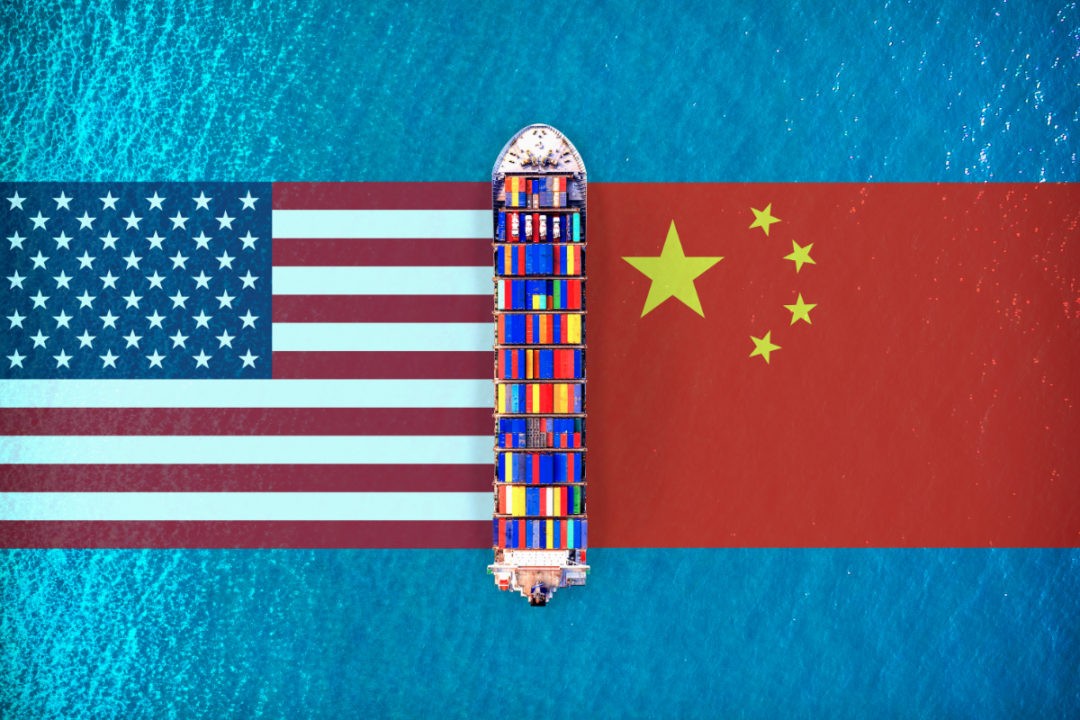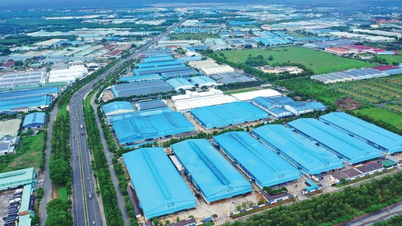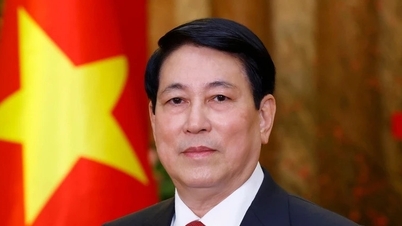 |
| US-China trade war: Has Beijing fallen behind, relations with Washington and the EU are cooling? (Source: Adobe stock) |
The United States, Japan and other major economies have been curbing their dependence on China since the trade war between Washington and Beijing began five years ago, casting a shadow over global economic growth.
According to data from the Group of 20 (G20) leading developed and emerging economies analyzed by Nikkei, China's combined trade with the US, Japan, South Korea and the European Union (EU) totaled $2 trillion, accounting for 35% of the total G20 trade volume.
By 2023, China would fall behind Mexico as the top exporter to the US, as Americans imported more electronics and other products from elsewhere.
US smartphone imports from China fell about 10% in the 11 months since the start of 2023, while imports from India increased fivefold. Laptop imports from China fell about 30%, while imports from Vietnam increased fourfold.
The US-China trade war began in 2018 under former US President Donald Trump, with Washington imposing sweeping tariffs on Chinese imports. President Joe Biden has kept many of those mechanisms in place as he pushes for “friendship,” or shifting more supply chains to countries friendly to the US.
Meanwhile, exports from Japan and South Korea to China also fell during the period. The US became the largest destination for Japanese exports last year for the first time in four years, surpassing China. South Korea's monthly exports to the US also surpassed those to China in December 2023 for the first time in 20 years.
Even Europe, which has close trade ties with China, appears to be shrinking, with China slipping from first place among exporters to the UK to third place in the January-November 2023 period.
Companies are looking to decouple their supply chains from China as Beijing's relations with the US and Europe cool, said Benjamin Caswell, a senior economist at the National Institute of Economic and Social Research in Britain.
German imports from China are set to fall 13% in 2023 as Chancellor Olaf Scholz's government takes a tougher stance on Beijing. The United States, which is enjoying strong economic growth, is expected to overtake China as Germany's top trading partner this year.
The US and its partners are pursuing a strategy of “de-risking,” or reducing their dependence on Chinese trade to enhance their economic security. China’s economic slowdown has accelerated this trend.
However, many emerging countries and commodity exporters continue to rely heavily on China.
Brazil's exports to China have increased by about 60% while imports have increased by about 50% since 2019 - before the Covid-19 pandemic spread globally - significantly outpacing the South American country's trade growth with the United States.
Iron ore and soybean exports were particularly strong. Brazil is keen to strengthen trade ties with China, including expanding transactions based on the yuan and the real without using the US dollar as an intermediary.
Among US partners, Australia sees exports to China rising 17% by 2023. Prime Minister Anthony Albanese has worked to mend ties with Beijing since taking office, leading to increased cotton and copper exports.
China's General Administration of Customs reported that the US's share of China's total trade fell 2.5 percentage points in the five years to 2023. Japan and South Korea saw their shares fall by 1.7 and 1.5 percentage points, respectively, while Germany's fell by 0.5 point and the UK's by 0.1 point.
In contrast, ASEAN members' market share increased by 2.6 percentage points as more Chinese companies entered Southeast Asia. Brazil's market share increased by 0.7 points. Russia's increased by 1.7 points.
China has stepped up energy imports from Russia as Western sanctions against Moscow force it to sell crude oil and natural gas at discounted prices.
Chinese companies are also flocking to Mexico, which has a free trade agreement with the United States. Foreign direct investment in Mexico hit a record high last year, prompting Washington to call on Mexican authorities to conduct more rigorous screening.
However, the surge in Chinese imports could affect the recipient country's relationship with Beijing. Italy's trade deficit with China has increased by about 40% since 2019, when it became the only G7 country to sign up to the Belt and Road Initiative (BRI) infrastructure initiative. However, Italy announced in December last year that it would leave the BRI.
Source



![[Photo] National Assembly Chairman Tran Thanh Man chairs the 8th Conference of full-time National Assembly deputies](https://vphoto.vietnam.vn/thumb/1200x675/vietnam/resource/IMAGE/2025/9/29/2c21459bc38d44ffaacd679ab9a0477c)
![[Photo] Many streets in Hanoi were flooded due to the effects of storm Bualoi](https://vphoto.vietnam.vn/thumb/1200x675/vietnam/resource/IMAGE/2025/9/29/18b658aa0fa2495c927ade4bbe0096df)

![[Photo] General Secretary To Lam attends the ceremony to celebrate the 80th anniversary of the post and telecommunications sector and the 66th anniversary of the science and technology sector.](https://vphoto.vietnam.vn/thumb/1200x675/vietnam/resource/IMAGE/2025/9/29/8e86b39b8fe44121a2b14a031f4cef46)
![[Photo] General Secretary To Lam receives US Ambassador to Vietnam Marc Knapper](https://vphoto.vietnam.vn/thumb/1200x675/vietnam/resource/IMAGE/2025/9/29/c8fd0761aa184da7814aee57d87c49b3)































































































Comment (0)